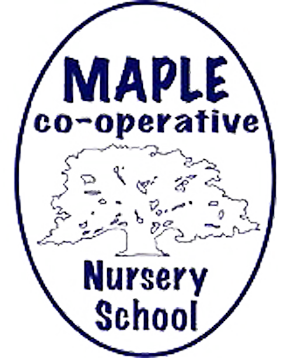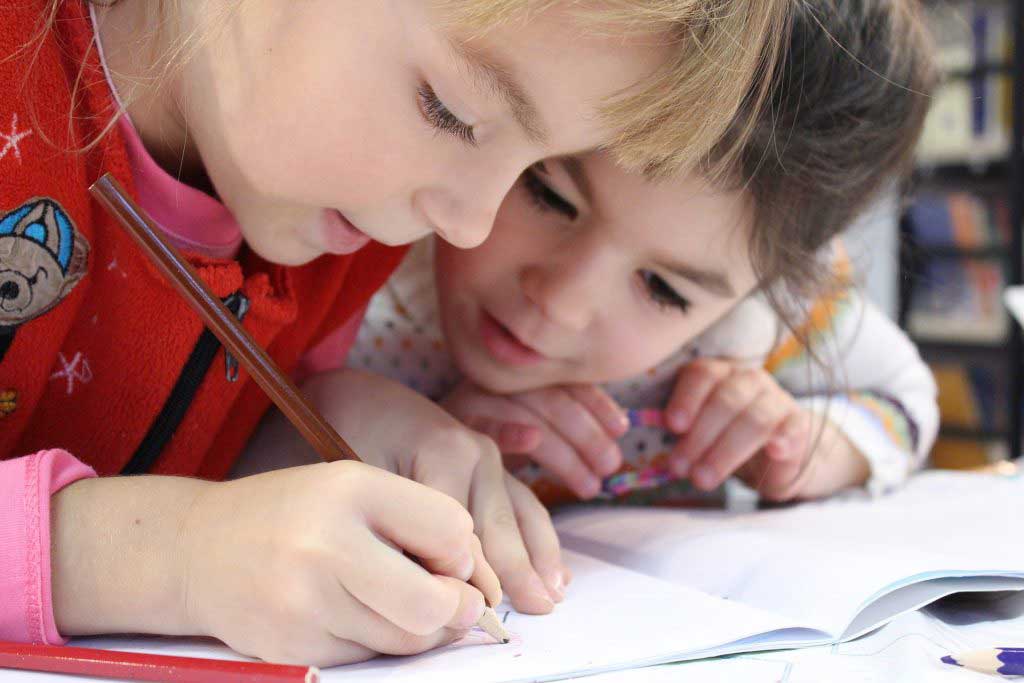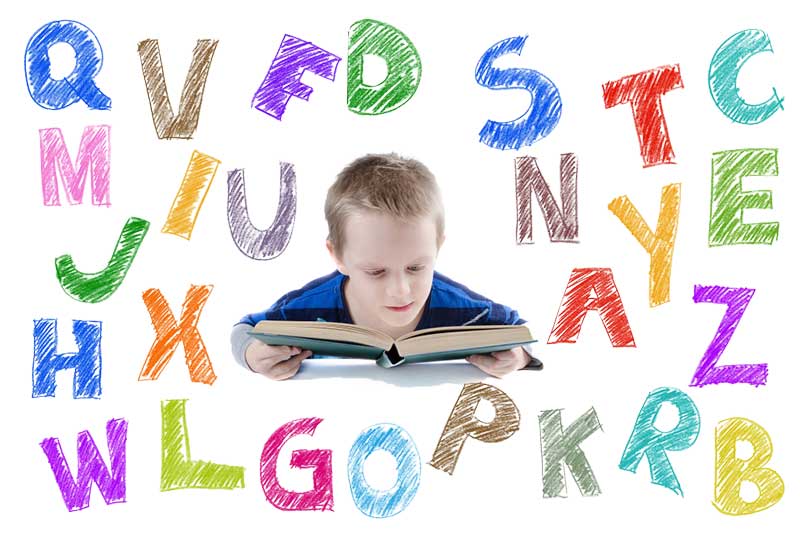
I PLAY WITH PURPOSE AT
MAPLE NURSERY SCHOOL

About us
Located in the beautiful natural setting of Georgetown’s Cedarvale Park, Maple Co-Operative Nursery School is truly one of a kind. This is a school where parents and teachers work together to provide quality early childhood education, where children make new friends, learn new songs and develop social skills. The cooperative nature of Maple Nursery School allows you, the parent, to be actively involved in your child’s early education.
By participating in the classroom or joining the Board of Directors you are not only helping the school, you are showing your child that you care.
Our nursery school was established in 1967, by a group of parents and continues to be managed as a non-profit organization. Thanks to parent volunteer’s efforts and participation we can offer a quality preschool experience for affordable tuition.
PARENT HANDBOOK – updated September 2025
Our Mission
Our pre-school curriculum is a body of experiences promoting the child’s total development.
The programs offer a child opportunity to grow intellectually, socially and emotionally. They are child-centered and children are encouraged to develop specific skills at their own pace.
No child is pressured to acquire skills beyond his developmental level, and no child is restrained from developing his full potential. All children are encouraged to develop independence and skill in problem solving.

Programs and Pricing
Toddler Program
Ages 18 months – 2.5 years
Operates Monday to Thursday from 9am to 11:30am.
You can choose between:
2 day programs– Mon/Wed or Tues/Thurs
3 or 4 day options– In this program there is an ECE teacher and an Early Childhood Assistant per 10 children.
Toddler
2 DAYS- Toddler Program operates Monday to Thursday
Toddler
3 DAYS- Toddler Program operates Monday to Thursday
Toddler
4 DAYS- Toddler Program operates Monday to Thursday
Pre-school Program
Ages 2.5 years – 6 years
Operates Monday to Friday from 9am to 11:30am. Choose between 2, 3, 4, or 5 morning options. There is a ratio of one ECE teacher and one Early Childhood Assistant per 12 children.
Pre-School
2 DAYS- Mon/Wed or Tues/Thurs
Pre-School
3 DAYS- Mon/Wed/Fri. Exceptions may apply. Please enquire.
Pre-School
4 DAYS- Monday to Thursday
Pre-School
5 DAYS- Monday to Friday
Other Fees
- Late Pickup (till 12 noon) – $10 cash only
- Late Pickup (after 12 noon) – $1/min cash only
- Registration Fee – $18.90 for all applicants
Contact Info
Office Hours:
Mon – Fri 9:00am – 11:30am
* Our office is closed from Mid-June to Mid-September. Please contact us via email with any questions or requests.
Maple Nursery Office
Supervisor – Geraldine Hardcastle
Email Address
Main Office Address
Cedarvale Park, 181 Main St S.,
Georgetown, ON L7G 5S2